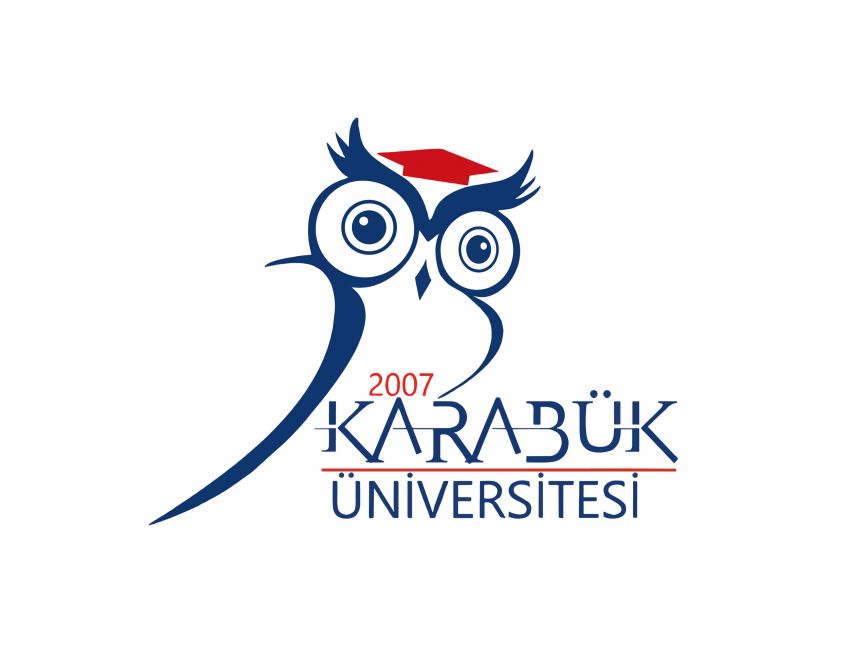International Relations
Overview
Program Description
The International Relations program at Karabuk University offers a comprehensive curriculum designed to prepare students for successful careers in this dynamic field. The program combines theoretical knowledge with practical skills, ensuring graduates are ready for the challenges of the industry.
The program is taught by experienced faculty members who are leaders in their respective fields, providing students with insights into current industry practices and future trends.
Curriculum Highlights
- Advanced Research Methods: Learn cutting-edge research techniques and methodologies.
- Industry Analysis: Explore current industry trends and develop analytical skills.
- Leadership and Management: Develop essential leadership skills for managing teams and projects.
- Innovation and Entrepreneurship: Cultivate creative thinking and entrepreneurial mindset.
- Digital Transformation: Understand how technology is reshaping industries and businesses.
- Sustainable Development: Explore environmentally sustainable practices and their implementation.
- Global Markets: Study international market dynamics and global business operations.
- Technology Integration: Learn to leverage technology for improved business outcomes.
Requirements:
- Bachelor's degree (for Master's programs) or equivalent qualifications.
- Proven English language proficiency (IELTS 6.5+ or equivalent).
- Complete transcripts from previous education.
- A compelling letter of motivation explaining your interest in the program.
- Two letters of recommendation from academic or professional references.
- Valid passport with appropriate visa status or eligibility.
Benefits:
- World-class faculty with extensive industry experience.
- Modern campus facilities and cutting-edge learning environments.
- Strong industry partnerships providing networking opportunities.
- Internship opportunities with leading companies in the field.
- Comprehensive career services including job placement assistance.
- Access to a global alumni network for lifelong professional connections.
Begin your educational journey today.
Apply now and take the first step towards your future.





